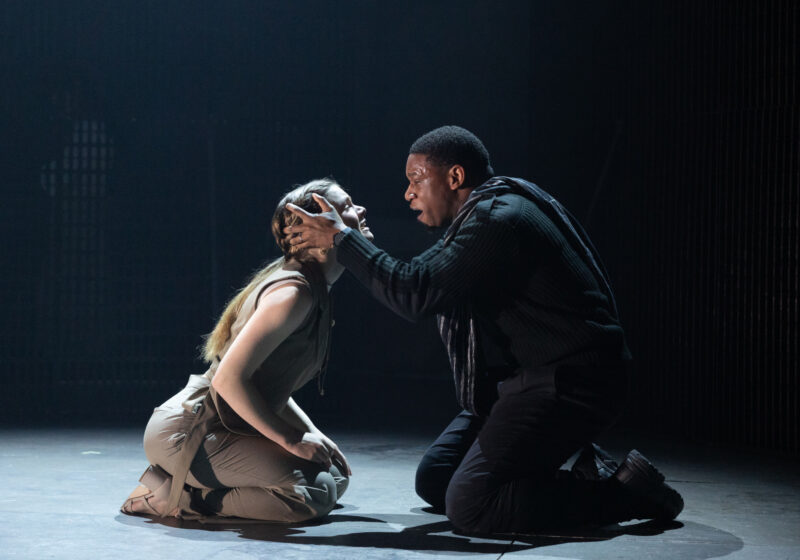Senior Dave Nissan is not your typical pre-med student. In addition to studying biology, Nissan is pursuing a second major in history. He is also a volunteer with the Friends of Strong and devotes a significant amount of time to his position as a teaching assistant for chemistry and molecular biology.
This semester, Nissan also took on the role of Battalion Commander at the NROTC unit, where he hopes to foster a productive relationship between the ROTC program and the University community. He was also ranked No. 1 of 16 midshipmen in the country to earn a scholarship allowing him to attend medical school prior to serving in the U.S. Navy.
How did you become a history major in addition to your pre-med requirements?
I kind of fell into history by accident. The extra classes I chose to take all happened to be in history. I like history a lot though, so I was happy it worked out as a second major. My favorite class at UR was actually a history course – Hitler’s Germany. So much about that period in history is “common knowledge,” I thought it was good to learn details and the actual facts. It gave me a lot of insight into the era. I was surprised about how much I didn’t know.
With all that you do, do you have time to do anything not academic?
I’m a volunteer with Friends of Strong. I worked in the orthopedic department, going from room to room, talking with patients, trying to help make them a little more comfortable. I get to talk with a lot of parents of people in the military. It was good to hear how proud they were of their sons/daughters – it made working at the hospital a lot more enjoyable.
How is the Navy program different from a normal medical career path?
After I graduate from medical school, I’ll do a normal residency for four to six years, and then I’ll be a general medical officer in the Navy.
I hope to go into the undersea medical community after that. I like diving, so I’ll get to train for that in addition to working as a doctor. I’m also looking forward to working in oncology. I really like learning about diseases and how they attack the body.
What is the hardest part about being in ROTC?
Time management. As a midshipman you lead two lives on campus. On the one hand, you’re a normal college student staying up late, and, on the other, you’re training to be an officer, which means getting up early and having to work on your leadership skills in a different way than most people do in college. You have to balance the amount of time you spend on each of them. I don’t really know how I’ve become so acclimated to functioning on no sleep. Freshman year I thought this was going to be impossible, and now I’m almost done.
Fischer is a member of the class of 2008.




